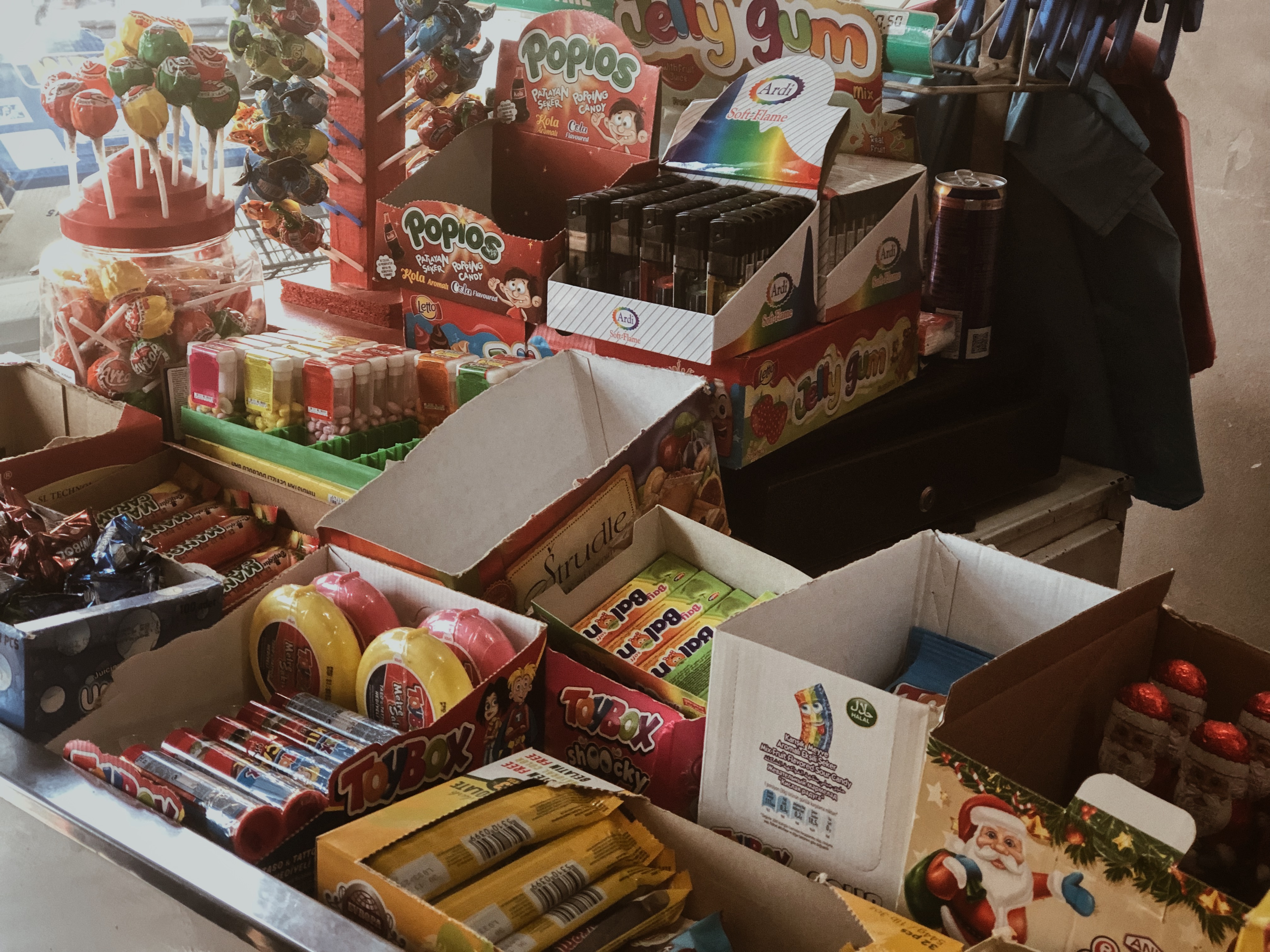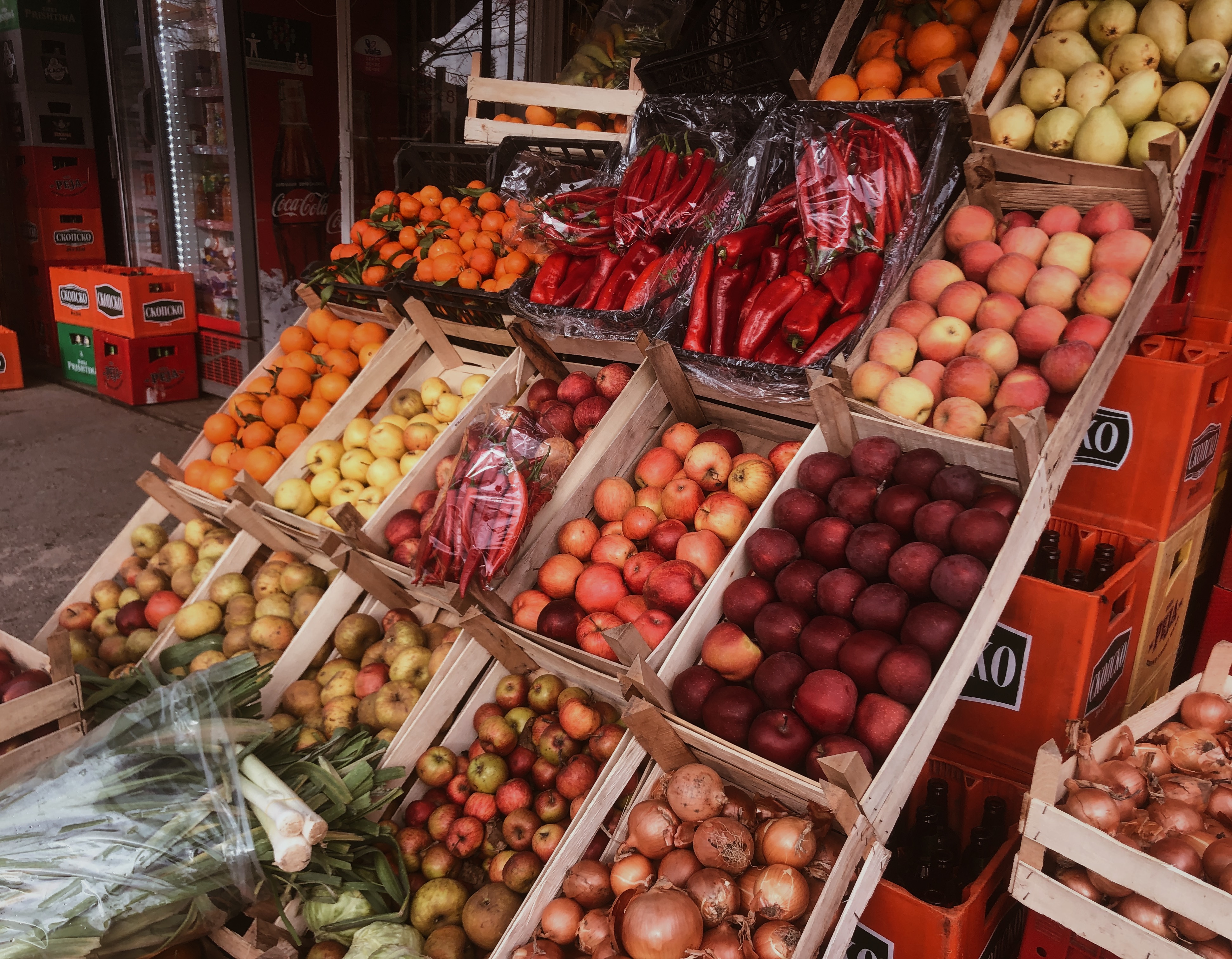Traditional corner shops are being squeezed out of business as cut-price supermarkets expand from malls to local neighbourhoods.
Faik Kamberi’s small shop in a corner of Vushtrri did not survive long enough to mark the first anniversary of its opening.
Faced with losses and the growing trend towards shopping in supermarkets, Kamberi was forced to shut up shop the day after this interview.
Kamberi said insufficient sales and rising prices of products compelled him to close.
“Can I have three krem banane?” asked one of the last customers at the shop, located in one of the busiest parts of Vushtrri – surrounded by big stores on all sides.
In these small stores, most shoppers now buy only cheap items, from which it is not possible to generate the cash to supply other products.
“This situation forced me to shut. I can’t go on like this anymore. Why should anyone come and buy here, when it is cheaper elsewhere?” Kamberi told Prishtina Insight.
Although supermarkets generate jobs, the International Finance Corporation IFC says the proliferation of such supermarkets hits smaller traditional stores.
The director of the Economic Initiative for Kosovo in Vienna, Kujtim Dobruna, told Prishtina Insight that small shops are threatened by the expansion and consolidation of big ones.
“An additional reason for this [trend towards shops’ closure] is the increase in consumer mobility, and their greater awareness of prices,” he said.
Kamberi says the prices that retailers offer small shops for the same items are higher than the prices they offer to supermarkets.
Therefore, small shops are forced to set higher prices for their items, which pushes consumers to the malls.
“For example, a warehouse sold me this product for 88 cents, while it sold the same product to supermarkets for 75 cents,” he says.
Failure to keep consumer loyalty
Kamberi’s small store was failing to generate enough demand even from customers living nearby.
“I only buy things for the children here, because the other products are expensive. I buy other products in the big stores, as they are cheaper,” one local buyer, Nazim Binaku, said.
In recent years, big stores have become much more prominent in Kosovo towns and cities.
In addition to malls, they have begun to lopen in local neighbourhoods as well, creating another problem for small shop owners.
According to Dobruna, competition from big stores reflects the way competition over the last century slowly destroyed traditional and pre-industrial crafts, as a result of the development of industries.
However, according to the data of the Ministry of Industry, Entrepreneurship and Trade of Kosovo the leading supermarkets in Kosovo have expanded their stores to close to 300 locations throughout Kosovo.
According to Dobruna, with the introduction of the self-service fast-food outlets, food stores have also declined.
Kamberi said all small shops are suffering from the rise of supermarkets. “You try in vain but nobody cares about us. We can complain as much as we want, but no one cares.”
He hopes that some measures will be undertaken to help other shops, so that they do not share the same fate as his.
‘Small fish are always eaten by big ones’
Mentor Rexhepi, who runs a small shop in the Ulpiana neighbourhood of Prishtina, says supermarkets have halved his income.
Although his store is full of products, the same ones as those in supermarkets, it is not enough to keep the store going, which is his only source of income.
According to the 50-year-old, high prices are making it impossible for him to add products, other than essential ones.
“I can’t afford to buy different types of meat, as it comes at a high price, and no one will come to buy it here," he said.
Pirro Piraj, from Meka Food wholesale meat production company, told Prishtina Insight that they sell their products for the same price to supermarkets and small shops.
But he admits that supermarkets benefit more, as they can negotiate better offers because their sales are much higher. Small shops are supplied at fixed prices due to the smaller demand.
Comparing the present time to 20 years ago, small shopkeepers talk about drastic falls in profits.
Rexhepi agrees, emphasizing that when supermarkets are favoured for prices, and have more space for discounts, why should citizens buy from a small shop?
“They play games with us, little shoppers; in a way they abuse us. This could be a plan to get rid of us small shoppers, so that they can expand their supermarkets into every neighbourhood and every possible corner,” he said.
"Big fish have always eaten the little ones,” he mused. “They have the money, they have everything in their hands, and we do not."
Businesses adapt to new economic reality
The expansion of supermarkets has been encouraged by the expansion of cities and urban settlements in Kosovo in recent years.
The expansion of cities has made it necessary to adapt shopping infrastructure to livelihoods, to meet the needs of residents, according to Dobruna.
The expansion of supermarket chains across neighbourhoods is a consequence of the supply-and-demand mechanism that is the main determinant in a free market economy, he adds.
"The demands of new residents in new neighbourhoods for new services and products can only be met by private businesses with adequate supply,” he says.
Hence, a competitive fight between the main bidders for consumers, which brings about more competitive prices, better quality products, market transparency, and more professional services.
Dobruna says the consolidation of this sector has been driven by free competition, either between local bidders, or international networks, which have recently targeted the Kosovo market.
But the trend towards small shops battling competition from supermarket chains is encountered around the world, as economies develop, he recalls.
However, Dobruna believes the concept of small shops is not totally over in Kosovo, and will change in future, based on investment in modernization and expanding ranges of goods, and by digitizing or specializing in certain areas.
Despite the great momentum towards big stores, small shops retain their uniqueness in Kosovo’s collective memory.







